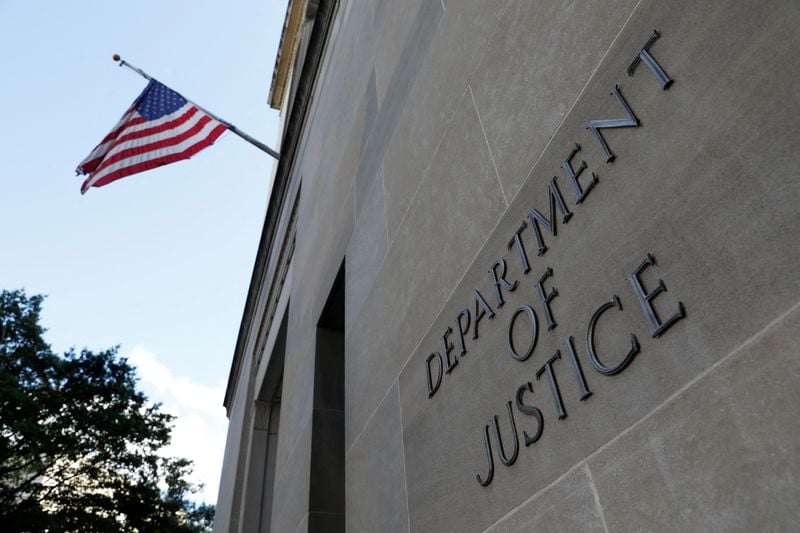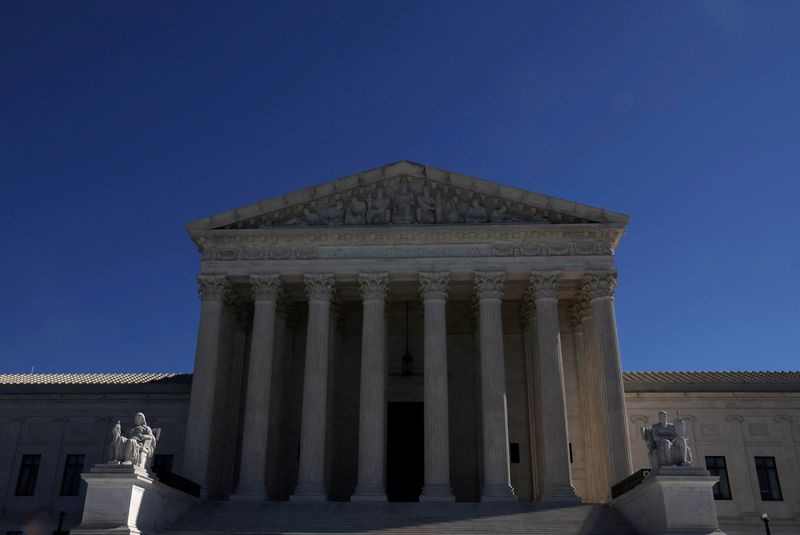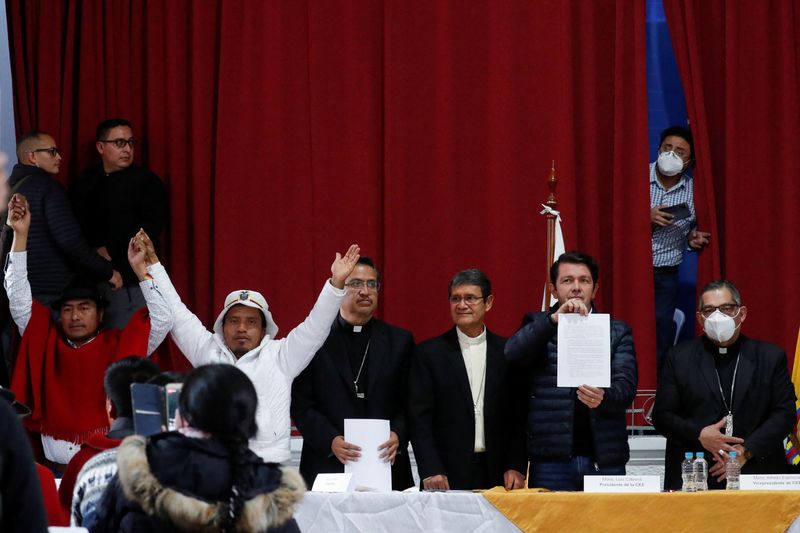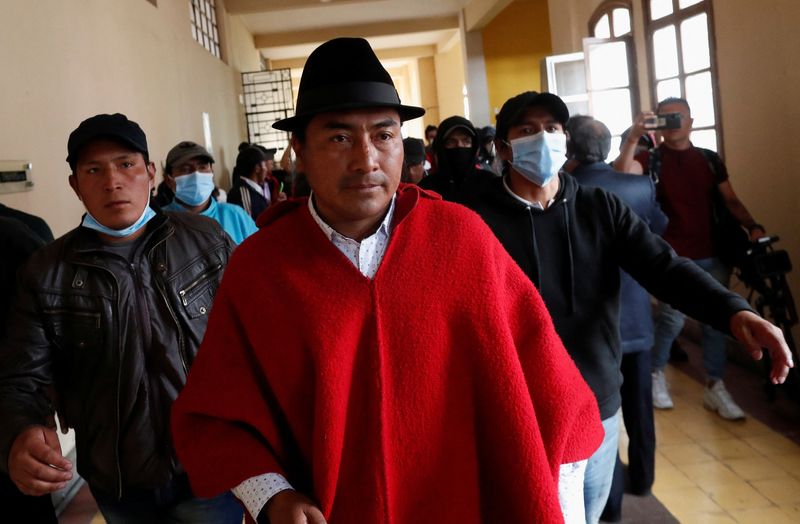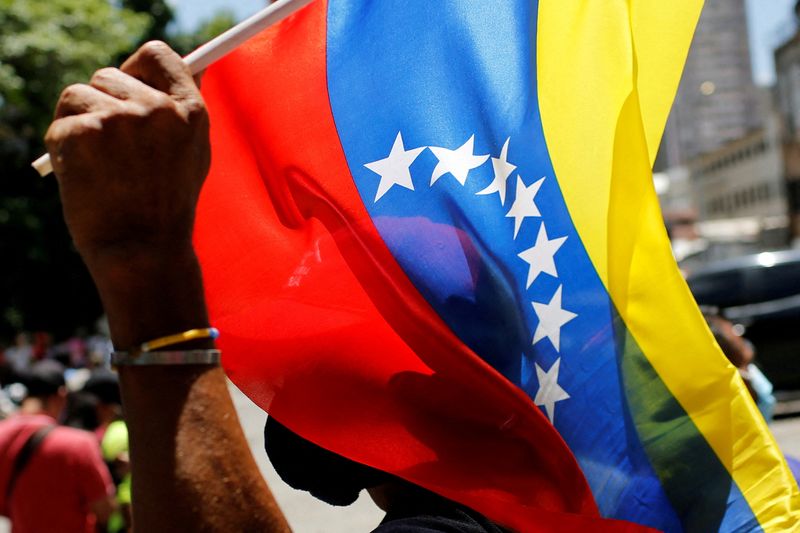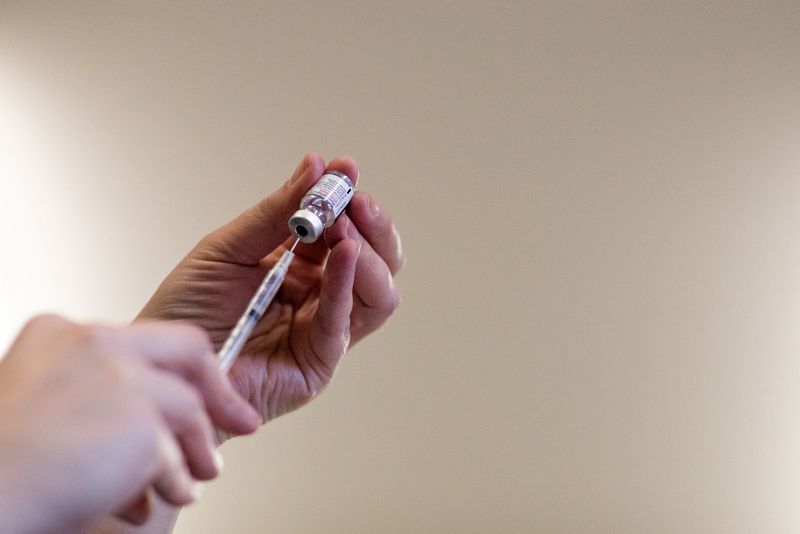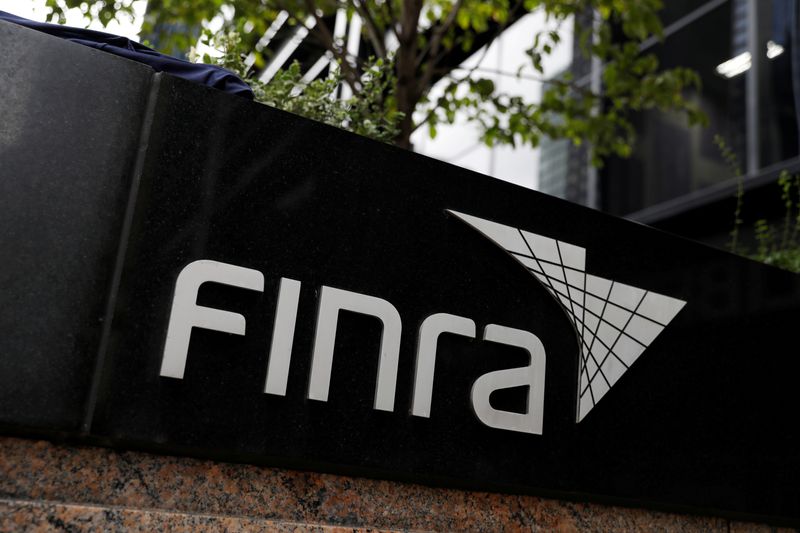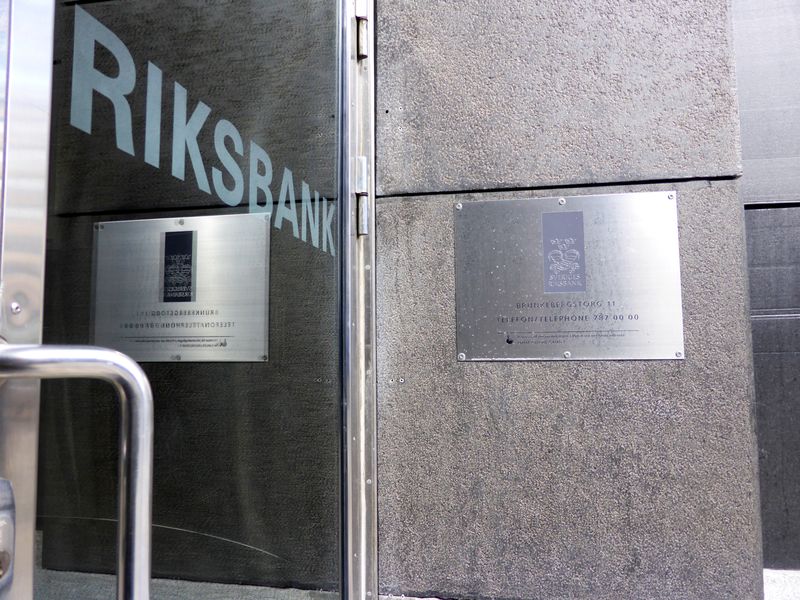BOSTON – The former head coach of women’s soccer at the University of Southern California (USC) was sentenced yesterday for his role in the college admissions bribery scheme.
Ali Khosroshahin, 52, of Fountain Valley, Calif., was sentenced by U.S. District Court Judge Indira Talwani to time served and one year of supervised release with the first six months to be served in home confinement. Khosroshahin was also ordered to pay forfeiture in the amount of $208,990. In June 2019, Khosroshahin pleaded guilty to conspiracy to commit racketeering. Khosroshahin cooperated with the government’s investigation.
While serving as the head women’s soccer coach at USC, Khosroshahin conspired with William “Rick” Singer and others to facilitate the admission of student applicants to USC as purported recruits for the women’s soccer team in exchange for bribes. Specifically, Khosroshahin and co-conspirator Laura Janke, an assistant coach for the women’s soccer team, together purported to recruit one or two of Singer’s students to the USC women’s soccer team each year. In reality, Khosroshahin knew the students were not legitimate Division I college-level soccer recruits, and he was not actually recruiting them to be members of his team. To deceive USC’s subcommittee on athletic admissions into believing the students were legitimate recruits, Khosroshahin and Janke submitted falsified athletic “profiles,” which they either received from Singer or created themselves and which made the students appear to be elite high school athletes. In exchange, Singer paid Khosroshahin and Janke bribes, funded by the money from his clients, in the form of checks from his fake charity, the Key Worldwide Foundation, made out to the USC soccer program or to their private soccer club. In addition, Khosroshahin continued his involvement in the scheme after his USC tenure by encouraging other coaches to work with Singer and receiving payments when he facilitated “side door” deals through those coaches.
On June 28, 2022, Janke was sentenced by Judge Talwani to time served and one year of supervised release, with 50 hours of community service.
Case information, including the status of each defendant, is available here: https://www.justice.gov/usao-ma/investigations-college-admissions-and-testing-bribery-scheme.
United States Attorney Rachael S. Rollins; Joseph R. Bonavolonta, Special Agent in Charge of the Federal Bureau of Investigation, Boston Division; and Joleen D. Simpson, Special Agent in Charge of the Internal Revenue Service’s Criminal Investigations in Boston made the announcement today. Assistant U.S. Attorneys Stephen E. Frank, Leslie A. Wright, Kristen A. Kearney and Ian Stearns of Rollins’ Securities, Financial & Cyber Fraud Unit prosecuted the case.
